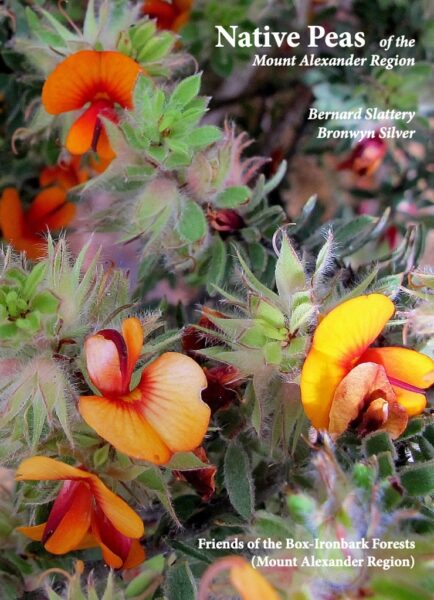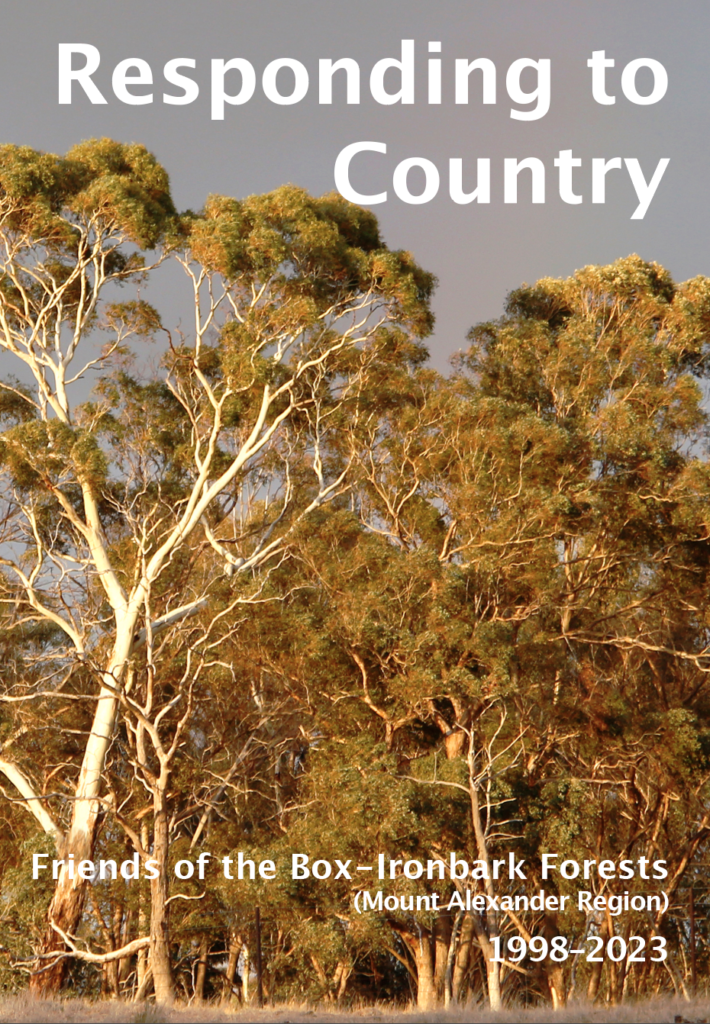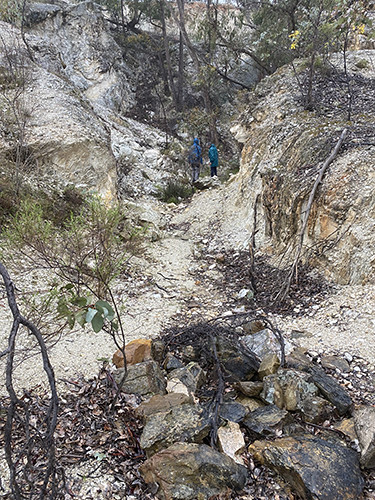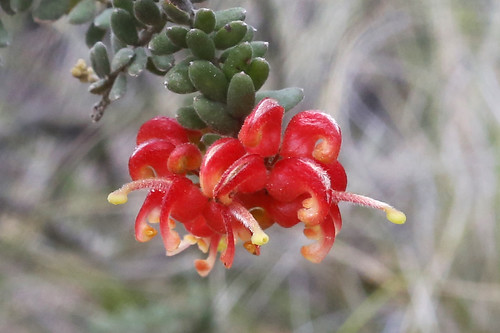FOBIF has made a late submission to the Bushfire Management consultation [see our previous post], after our representatives attended ‘drop in’ consultations in Castlemaine and Bendigo this month. The substance of our submission is set out below:
- The poor quality of the maps supplied for this process, both online and in the hard copies available at the ‘drop in’ sessions, was such that we are unable to comment in detail on the three options offered in this consultation.
- We are quite unclear as to the manner in which DELWP will make up its mind about the three options offered. Discussions with your representatives did not clear up this matter:
- It’s obvious—we hope—that DELWP could not be running a crude popularity poll, particularly since online consultations like this are not necessarily representative of the public as a whole.
- In any case, we do not see that this consultation will add much to the dozens of such consultations which have taken place over the years. We ourselves have attended innumerable meetings and submitted dozens of submissions on the subject of the many fire operations plans developed since the 1990s. We do hope that this consultation will not take place in isolation from those previous efforts.
- In the light of the above, we submit that DELWP should take heed of the findings of the Royal Commission Implementation Monitor, and conduct a carefully conceived risk reduction strategy, not dominated by preconceived notions involving scorched earth strategies.
- In the light of this, it seems to us that some combination of options B and C might be an appropriate approach to take.
However, as we have repeatedly emphasised over the last 20 years, everything depends on the detail of the implementation:
- We assume that the Department is not deluded into sacrificing ecological health to supposed safety concerns, and is not going to adopt a ‘we had to destroy the village to save it’ logic.
- We therefore assume that fire officers are thoroughly briefed as to the values of the areas they are treating, and that the era of throwing in a match and patrolling the perimeter is well and truly over.
- We are concerned, however by the fact that community members in Castlemaine were being invited to submit their views on ecological values. Although this is of course a nice thing to do, we would hope that years of monitoring and observation, not to mention detailed submissions by community groups, would mean that fire officers are now thoroughly familiar with the terrain they’re dealing with, its strengths and vulnerabilities.
- We obviously support and appreciate efforts by fire officers to keep endangered species in mind when conducting their operations. We hope this does not define their responsibilities, however: general forest health is the object of land managers: without it, threatened species don’t have a hope.
- Lastly, we sincerely hope that the Department, in its operations, pays more attention to modifying some of its cruder practices: I refer in particular to its tendency to gouge amazingly crude erosion prone control line for control lines, and to the fact that almost every reduction burn in recent years has resulted in the deaths of significant numbers of large old habitat trees.



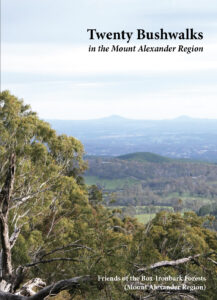
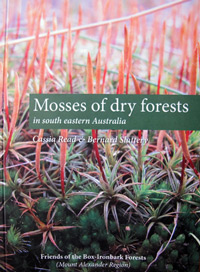 Click on image for info/order page
Click on image for info/order page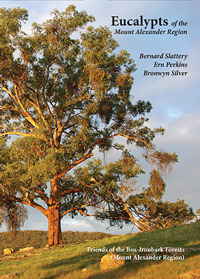 Click on image for info/order page
Click on image for info/order page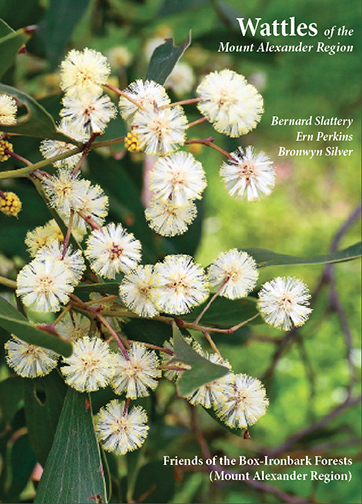 Click on image for info/order page
Click on image for info/order page